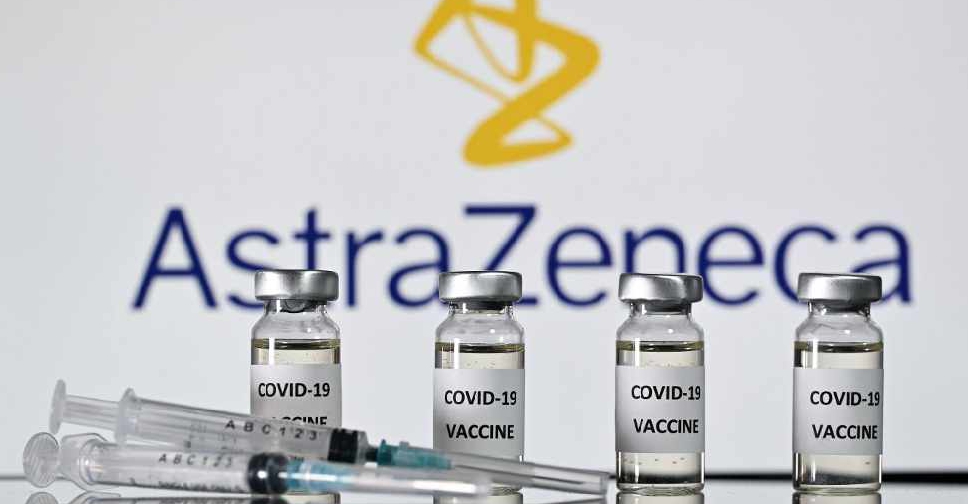
The COVID-19 vaccine of AstraZeneca and Oxford University works well as a third booster dose, stepping up antibodies to the coronavirus spike protein among participants in a study, the Financial Times said on Wednesday.
The news comes as vaccine makers warn that the world will need yearly booster shots, or new vaccines, to tackle virus variants, although some scientists question if such shots are necessary.
The newspaper quoted a person familiar with the results of the study as saying it showed the antibody reaction to the booster shot was "strong enough against any variant" and put to rest fears that adenoviruses could not be used more than once.
AstraZeneca and Oxford University did not immediately respond to a Reuters request for comment on Oxford's yet-to-be-published study.
The vaccine makes use of a new technology employing a modified version of adenoviruses, which cause the common cold, as vectors to ferry instructions to human cells.
This design-led to concern among scientists that the doses could lose potency if annual inoculations become necessary to fight new variants.
It is not known when Oxford and AstraZeneca plan to publish study data, the paper added.
The European Union signed a new contract this month for 1.8 billion doses of the Pfizer-BioNTech vaccine to cover booster doses.




 Powerful 6.3 quake kills at least 20 in Afghanistan, hundreds injured
Powerful 6.3 quake kills at least 20 in Afghanistan, hundreds injured
 Turkey set to call for action on Gaza as soon as possible, source says
Turkey set to call for action on Gaza as soon as possible, source says
 Hamas hands over three more hostage bodies
Hamas hands over three more hostage bodies
 India federal agency freezes Anil Ambani Group's $351 million properties
India federal agency freezes Anil Ambani Group's $351 million properties



